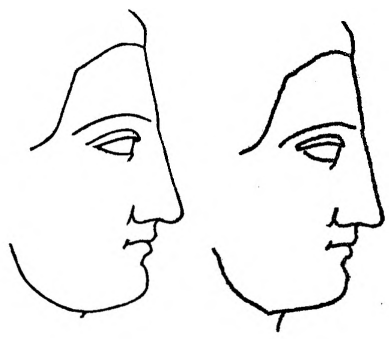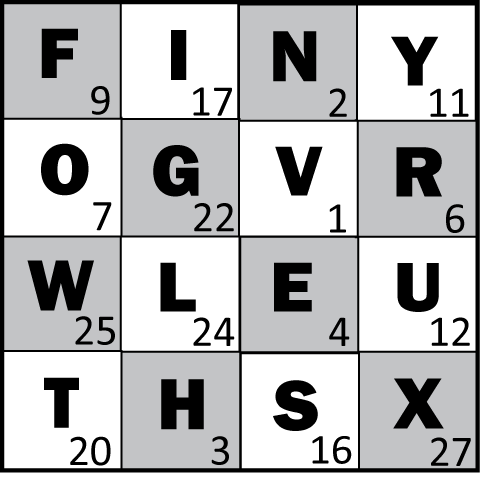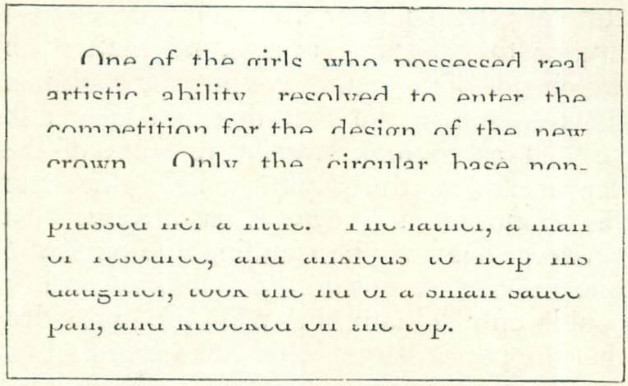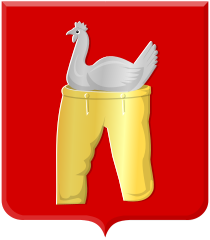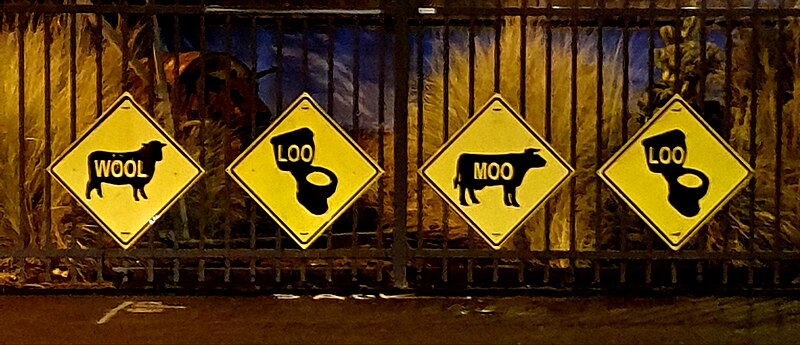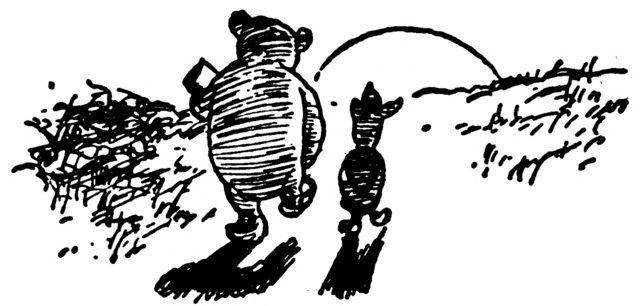In a 1985 op-ed in the New York Times, writer Maggie Sullivan proposed some irregular verbs to match go, went, gone:
furlough, furlent, furlon: “All the soldiers were furlon except those the captain furlent last week.”
subdue, subdid, subdone: “Nothing else could have subdone him the way her violet eyes subdid him.”
frisbee, friswas, frisbeen: “Although he had never frisbeen before, after watching the tournament he friswas every day, trying to frisbee as the champions friswere.”
pay, pew, pain: “He had pain for not choosing a wife more carefully.”
conceal, console, consolen: “After the murder, Jake console the weapon.”
seesaw, sawsaw, seensaw: “While the children sawsaw, the old man thought of long ago when he had seensaw.”
fit, fat, fat: “The vest fat Joe, whereas the jacket would have fat a thinner man.”
ensnare, ensnore, ensnorn: “In the ’60s and ’70s, Sominex ads ensnore many who had never been ensnorn by ads before.”
displease, displose, displosen: “By the look on her face, I could tell she was displosen.”
Commemorate could emulate eat: “At the banquet to commemoreat Herbert Hoover, spirits were high, and by the end of the evening many other Republicans had been commemoreaten.”
(Maggie Sullivan, “You, Too, Can Strengthen English, and Write Good,” New York Times, May 4, 1985.)

